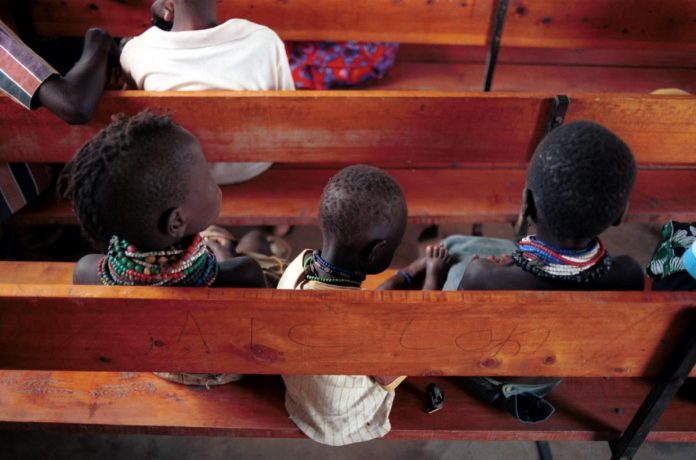The Ecumenical Network on South Sudan (Europe and North America Hub), on the occasion of International Peace Day on 21 September, released a call entitled “High Time for Peace and Accountability in South Sudan.”
The message notes that, for generations now, too many lives have been lost or severely damaged. “We call upon the leaders of South Sudan, both in government and in opposition, the security forces and citizens to finally take responsibility and resolve conflicts both nationally and locally through nonviolent means,” reads the call. “We reiterate our strong solidarity with the women, men, boys and girls in South Sudan who have for too many years borne the burden of conflict.”
The messages also express deep solidarity with those working for peace and justice and those denouncing violence on a daily basis.
“Political ambitions combined with the availability of weapons among civilians contribute to increased inter-communal violence,” reads the message. “The absence of accountability contributes to increased killings by so-called ‘unknown gunmen,’ who evade accountability for their actions.”
Such gaps in accountability encourage even more violence, the call notes. “All this causes severe trauma and brings about gross insecurity, human rights violations and displacement,” the message reads. “At least 128 aid workers, the vast majority of whom were South Sudanese, have been killed in South Sudan since 2013,” the message reads. “We pray for our fellow sisters and brothers who have paid the ultimate sacrifice whilst serving their neighbors.”
The message calls on the government of South Sudan for increased preventative, investigative efforts and accountability to end devastating acts of violence in the country.
“We urge all leaders in South Sudan to work as servants for the people, to follow the peace process in haste, and to provide the deemed necessary basic services to the people, building infrastructure and institutions for the people to allow a dignified human life without violence, constant fear, and extreme levels of poverty,” reads the message. “Lasting peace does not come merely by signing a paper nor by sharing power amongst elites.”
The South Sudan Catholic Bishops’ Secretariat also sent a pastoral message, after meeting 14-15 September, which condemns attacks o church property and rejects intimidation. “Indeed it is not only church personnel who are suffering violence,” the statement reads. “Our country is supposedly at peace, yet many of our citizens face violence on a daily basis.”
The statement reminds the government of its duty to provide security to the population. “Peace and justice cannot come while people’s land is occupied, whether that be an individual’s private land or land belonging to a particular community,” reads the message. “We are concerned about the disregard for human life in our nation.”
The message insists that all human life is sacred. “The culture of death must be converted to a culture of life where every human being is valued,” the statement reads. “We call for nonviolent solutions to all the conflicts.”
Hearts must be changed and the root causes of violence addressed, urges the message. “We believe that the recent splits and defections in the opposition and the adversarial style of politics cause instability and are a threat to peace,” reads the text. “We are concerned by the shrinking civic space in our nation.”
The message also calls on government and citizens to care for creation. “We are saddened by the humanitarian situation in South Sudan,” reads the text. “As well as the foods, millions of people are suffering from hunger.”
WCC, oikoumene.org














